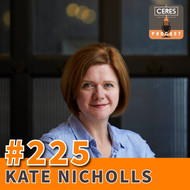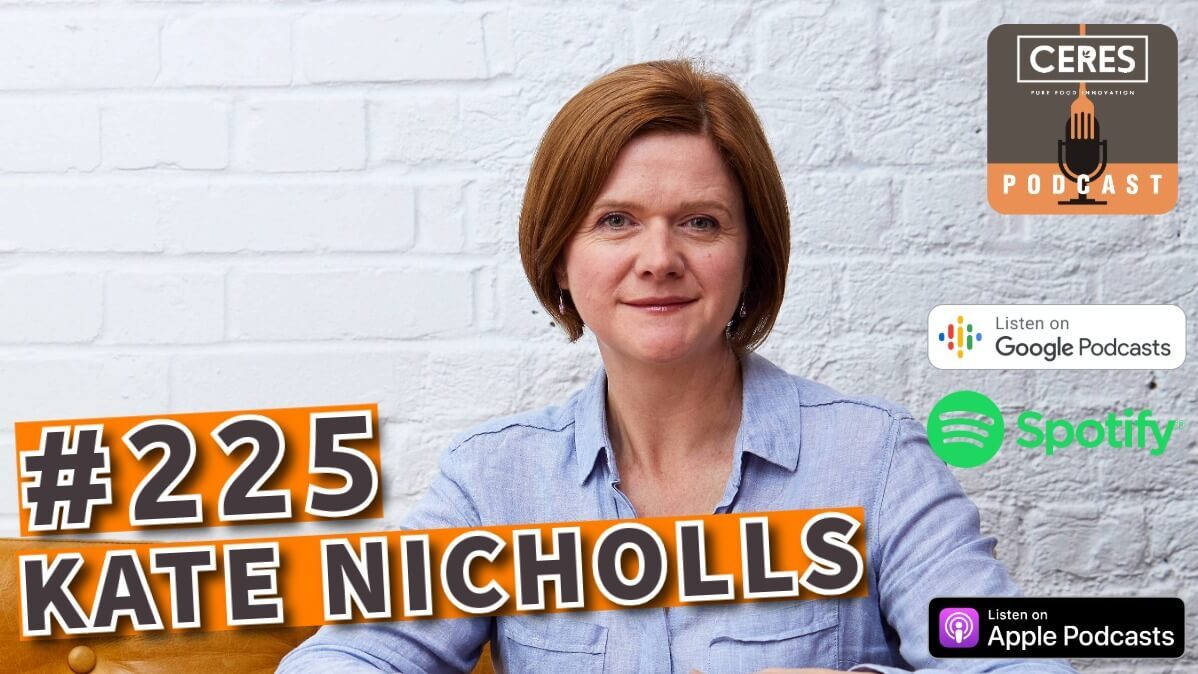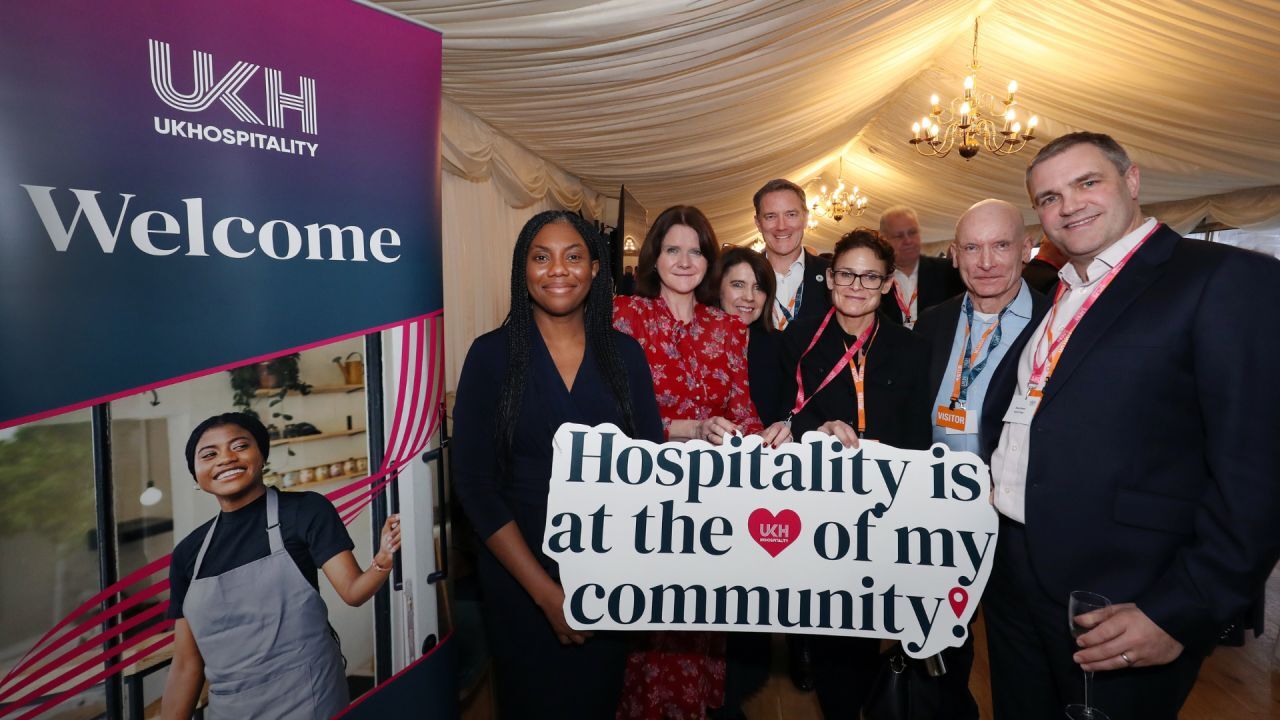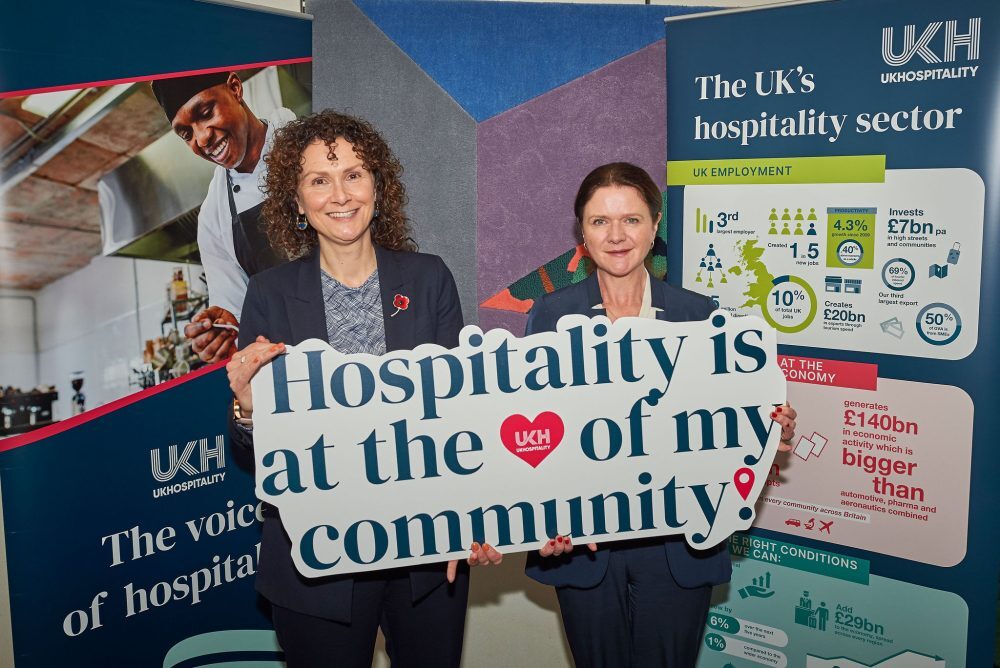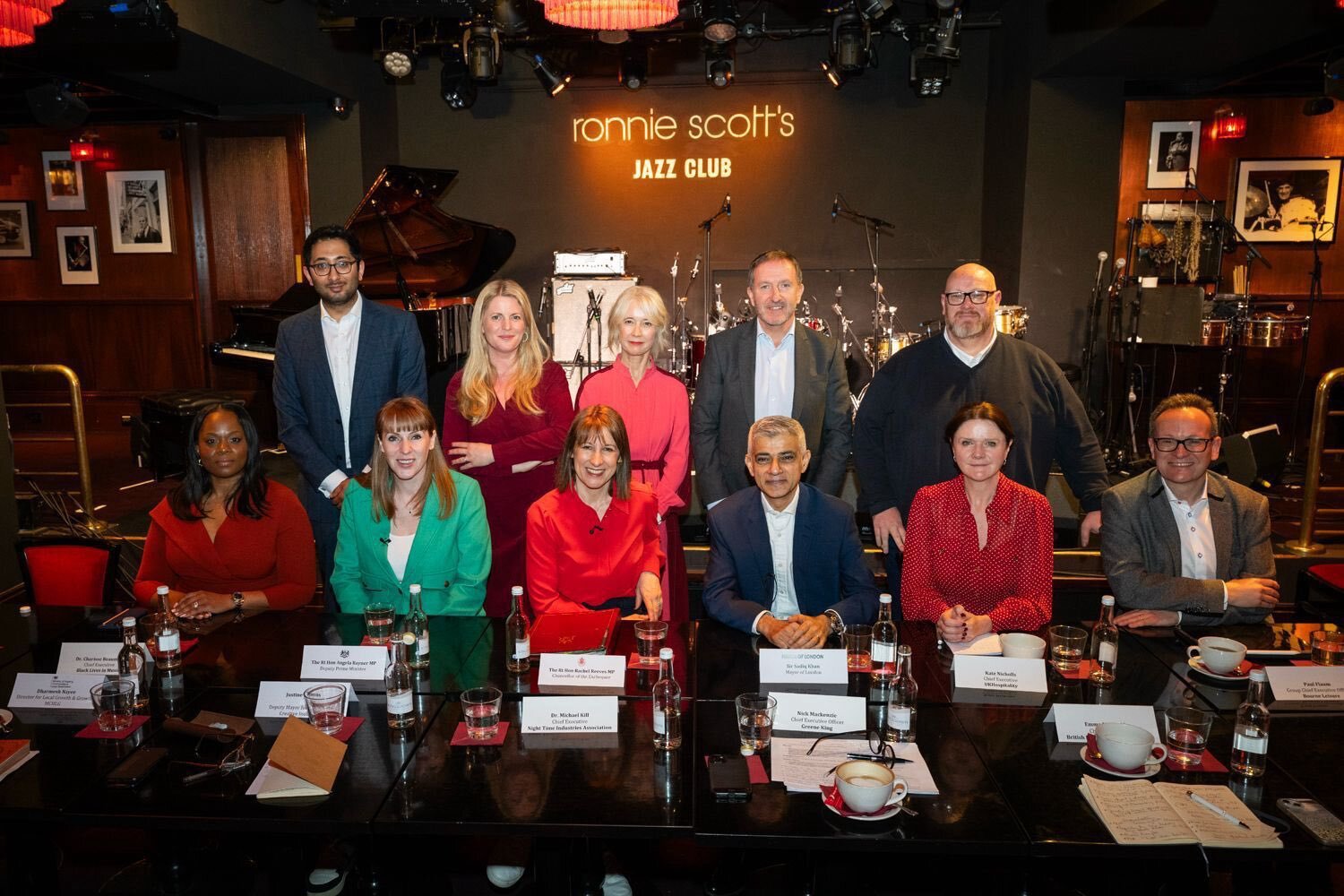#225 – “Taxed Out”: Kate Nicholls Unpacks the True Cost of Hospitality
Posted by Emma on 8th Aug 2025 Reading Time:
In the latest episode of The Ceres Podcast, host Stelios Theocharous sits down once again with a returning and always insightful guest: Kate Nicholls, Chair of UKHospitality. What starts as a check-in turns into one of the most honest, unfiltered, and wide-ranging conversations about the current state of the UK hospitality industry—and it couldn’t come at a better time.
Whether you’re running a fish and chip shop, managing a pub, or operating a family-run café, this episode will hit home.
A Wake-Up Call for Business Owners
Kate kicks things off by explaining why UKHospitality brought forward its annual budget campaign. Initially planned for September, they accelerated the effort when murmurs of new taxes—including tourism, packaging, and even coffee cup levies—started circulating. The sector, she says plainly, is “taxed out.”
One of the key takeaways? Operators are fatigued, frustrated, and often sceptical about engaging MPs—but Kate urges them to stay involved. “It’s like marketing,” she explains. “You’ve got to tell the same story 10, 15, 20 times before anyone listens.”
She calls for more than just business voices—she wants employees and customers to feel the pinch and speak up. After all, VAT is a consumer tax, yet most of the burden is hidden from consumers and carried by businesses.
“We Are Unpaid Tax Collectors”
One of the most eye-opening discussions centres on VAT. Stelios points out the irony: “You hand over a tenner for a meal, and the customer has no idea that £1.67 of that is VAT. But when prices go up, you get the blame.”
Kate doesn’t pull any punches either. She compares the UK’s VAT system to Europe’s and finds it sorely lacking. “In Europe, VAT is used like a scalpel. In the UK, it’s a hammer,” she says. Her frustration is clear: zero-rated items and a flat 20% rate just don’t reflect how hospitality businesses operate.
Surprisingly, the conversation gets granular, touching on how pubs may fare slightly better due to reclaimable VAT on alcohol, unlike many restaurants where food is often zero-rated and unreclaimable. “It’s particularly in restaurants where it’s most acute,” she adds.
Redefining Hospitality and Representation
There’s a meaningful digression about what the word hospitality even means. Kate believes it’s not about the format—takeaway, dine-in, street food, or pub—it’s about the experience, the place, and the act of socialising. “It’s your home away from home,” she says.
This resonates deeply, especially for takeaway shop owners who sometimes feel excluded from broader conversations. Kate counters this by explaining how representation at the government level demands bundling sectors together. “You’re never going to get the Sandwich Association sitting at the table,” she says, “but UKHospitality will fight for you—if you’re a member.”
Her message is clear: if you’re not part of an association, you can’t expect to have a voice. “It’s like voting,” she says. “You don’t get to complain if you’re not engaged.”
VAT Cuts, Sin Taxes, and Real Consequences
Stelios challenges a commonly held belief: if VAT were reduced, would prices come down? Most owners say no. Kate acknowledges this concern and says it’s a sticking point with the Treasury and the Bank of England alike. The fear is that cutting VAT might fuel inflation, encourage unhealthy eating habits, and be offset by new sin taxes on sugar, alcohol, or packaging.
And that’s not theoretical. Kate warns that some factions in government already eye VAT reductions as a gateway to clamp down with taxes elsewhere.
Rising Costs, Squeezed Margins, and Consumer Confusion
Another standout moment is when Kate describes how even packed restaurants may not be profitable. “Money coming through the front door isn’t enough to cover the cost of doing business,” she explains. Fixed costs, staff wages, and overheads have spiralled, and many independents lack the financial resilience of larger chains.
A shocking stat: over a quarter of hospitality businesses have less than one month’s cash reserves.
Despite improved wage data and public sector pay settlements, consumer spending remains low. People are saving, not spending—and it’s not because they can’t afford to. It’s because they’re scared of what’s coming.
Social Value, Not Just Profit
One of the most compelling threads throughout the episode is the case for hospitality’s social benefit. Kate and Stelios highlight how venues combat loneliness, create local jobs, foster inclusion, and drive economic vibrancy. Stelios shares a powerful anecdote about a friend whose mental health was restored through reconnecting with mates at the pub.
“If you go to the supermarket and drink at home, nobody stops you,” Kate adds. “But in our venues, there’s oversight, community, safety.”
She closes the episode with cautious optimism: lower interest rates, better mortgage deals, and stability could reignite consumer confidence. But it’ll take bold action—and continued advocacy.
Final Thoughts: Why This Episode Matters
This is not just another policy chat. This episode delivers genuine insight from someone at the centre of every major conversation shaping the future of hospitality. Kate Nicholls is passionate, articulate, and realistic. Stelios asks the questions you want asked—and presses where it counts.
It’s a must-listen for any independent operator, whether you’re running a chippy, a restaurant, or a café.
Listen to Episode 225 of The Ceres Podcast for one of the most critical conversations in hospitality this year. Subscribe now and stay informed, because in a sector this unpredictable, knowledge isn’t just power—it’s survival.

